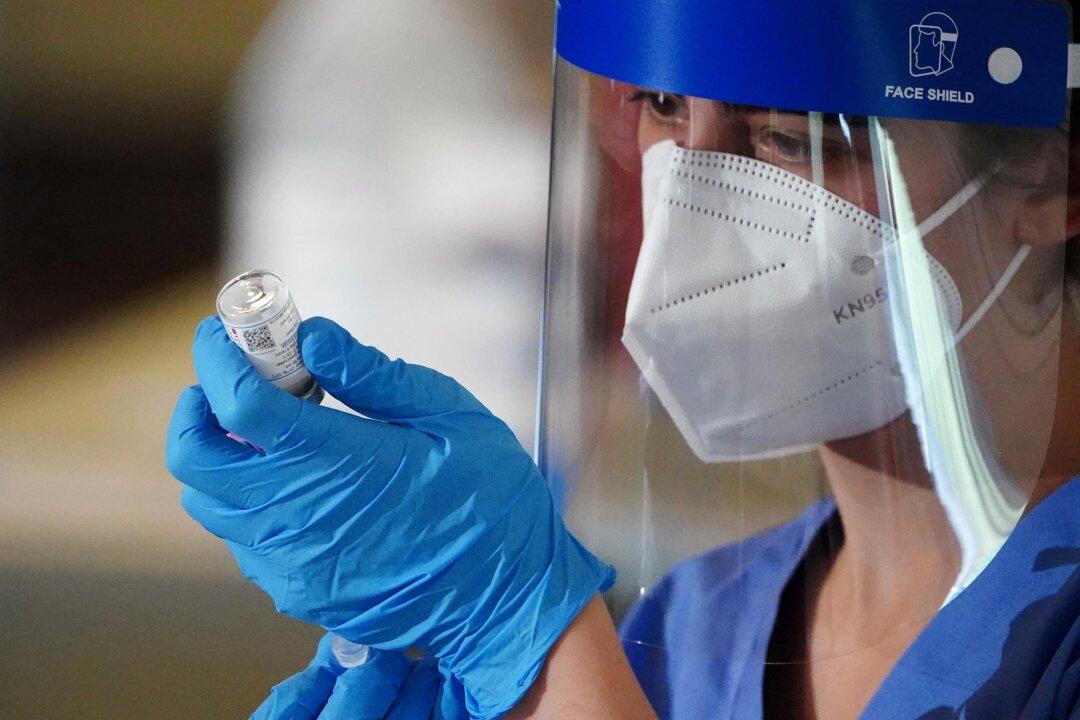Prime Minister Justin Trudeau announced Tuesday that the federal government has signed a memorandum of understanding with drug maker Novavax to produce COVID-19 vaccines domestically in Canada.
The vaccine production will take place at a new National Research Council’s Royalmount facility in Montreal, which is currently under construction and is expected to be finished by end of the year. Once it is completed, the facility will produce about two million doses of vaccines of all types every month.





